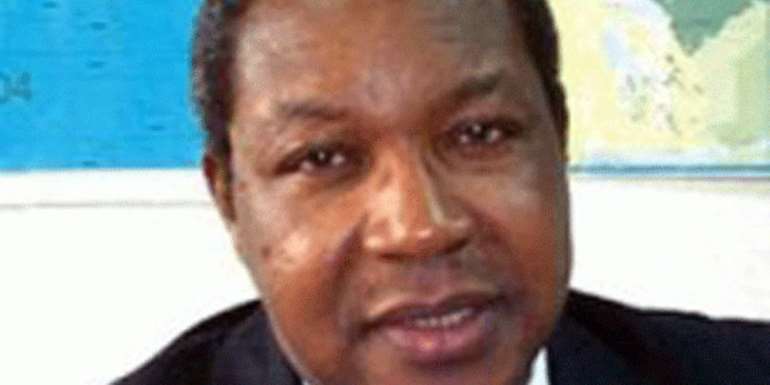DPR to recover undeveloped oil marginal fields

Department of Petroleum Resources (DPR) has directed all owners of under-developed marginal fields the next one-year to put the fields into production or lose their operating licences granted by the agency.
Director of DPR, Osten Olorunsola, who disclosed this at the weekend, at the official launch of a new Oil and Gas online weekly publication tagged NOGIntelligence, said that the country would hold the next oil marginal field rounds as soon as it gets approval from the Federal Government.
According to him, it is no longer going to be business as usual for marginal field operators, as the agency had concluded arrangement to ensure that the country got the best from its oil marginal fields across the country.
Olorunsola said that the next auction was likely to be for both onshore and offshore fields totalling at least two billion barrels, which would include both big and marginal fields.
He stated that present marginal fields licences, which were granted in 2003, were maturing and giving good results.
Olorunsola dispelled claims that 83 per cent of the oil blocks belonged to a certain ethnic group.
He gave an insight into the outlook of marginal fields operations and emphasised that the department was looking to streamline the next timeline for marginal fields operations for greater efficiency just as the new design would be simpler and more transparent.
'We look to avoid initiatives that backfired to litigations, ensure reserves volumes are truly bankable, encourage frequency of programmes and hope that the passage of Petroleum Industry Bill will help as well,' Olorunsola stated.
Olorunsola said that present marginal fields operators were breaking new grounds, by creating employment and empowerment for Nigerians, integrating value, increasing crude oil production, monetising gas, increased small scale refining, and unlocking stranded molecules, adding that, out of the 178 oil blocks awarded, the 90 oil fields given to indigenous companies were producing about six per cent of Nigeria's crude oil, while the other 83 oil fields given to multinationals, were producing the remaining 94 per cent.
The director stated that challenges such as litigation, inability to access funds and the right people, environmental issues (local governments, communities, security, flaring etc, increasing costs of people, goods and services, technology limitation and non-bankability, delayed agreements were inhibiting the operation of the marginal field operators.
'Many of the operators have also shown better handle of local communities, deployed new technologies and engaging in unprecedented collaboration. The MF programme struggled initially, but now maturing and delivering good results. The programme appears to be a surer (less risky) vehicle to realise the original intent for indigenous participation. Outlook is bright and promising; next round of awards will be expedited as soon as approval of the president and minister for petroleum resources are secured.'
